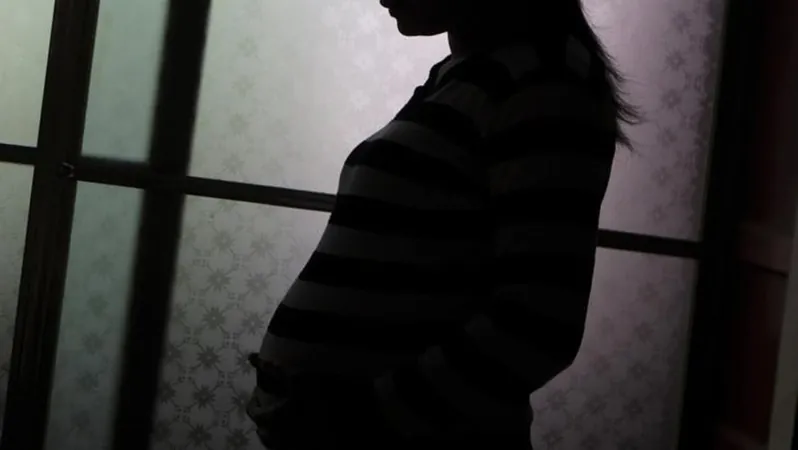
Shocking Surrogacy Scandal in China Sparks Online Outrage and Official Investigation
2024-11-01
Author: Jia
HONG KONG: In a troubling incident that has ignited a firestorm of online criticism, a 28-year-old woman acting as a surrogate in Chengdu, a city in southwestern China, claims she has been abandoned by the surrogacy agency that facilitated her pregnancy. This revelation has led to a swift response from health authorities, who are now investigating the matter.
It’s important to note that surrogacy remains illegal in China. Despite this, many surrogacy arrangements happen quietly, raising ethical questions and concerns about exploitation. The government had announced a crackdown on illegal activities involving assisted reproductive technologies, including the trade of sperm and eggs, trying to wrestle control of this underground industry.
Notably, this incident comes at a time when China is grappling with a declining birth rate, recently reported to have fallen for the second consecutive year in 2023. In response, the State Council unveiled 13 initiatives aimed at fostering a birth-friendly environment in a bid to increase fertility rates.
According to Shangguan Zhengyi, a notable commentator tracking surrogacy issues, the unnamed surrogate underwent an embryo transfer three months ago but initially showed no signs of pregnancy. After being discharged by the agency with the understanding that her surrogacy had failed, she subsequently discovered she was indeed pregnant. When she later attempted to contact the surrogacy agency for support, her efforts were met with silence.
The post detailing her situation has quickly become one of the most discussed topics on Weibo, China's social media platform, amassing thousands of comments in just a few days. Users have expressed a mix of outrage and sympathy, emphasizing the secretive nature of surrogacy in China. One user poignantly remarked, "Such practices exist in the shadows. Demand drives this behavior."
In response to the uproar, officials from the Chengdu Wuhou District Health Bureau stated that they are taking the matter seriously and are investigating the medical institutions involved. “Once verified, it will be dealt with rigorously according to the law,” they confirmed.
This incident has highlighted a larger issue within China’s reproductive health laws, as many online commenters lamented the lack of legal frameworks to protect all parties involved in surrogacy. One user, identifying as Xiaoxi, summed up the frustration: “There is nothing we can do if the country does not legislate it.”
As the investigation unfolds, this case could serve as a wake-up call for authorities in China to address the increasing risks and ethical dilemmas surrounding unregulated surrogacy, particularly as the nation continues to seek solutions to reverse its declining birth rate.

 Brasil (PT)
Brasil (PT)
 Canada (EN)
Canada (EN)
 Chile (ES)
Chile (ES)
 España (ES)
España (ES)
 France (FR)
France (FR)
 Hong Kong (EN)
Hong Kong (EN)
 Italia (IT)
Italia (IT)
 日本 (JA)
日本 (JA)
 Magyarország (HU)
Magyarország (HU)
 Norge (NO)
Norge (NO)
 Polska (PL)
Polska (PL)
 Schweiz (DE)
Schweiz (DE)
 Singapore (EN)
Singapore (EN)
 Sverige (SV)
Sverige (SV)
 Suomi (FI)
Suomi (FI)
 Türkiye (TR)
Türkiye (TR)